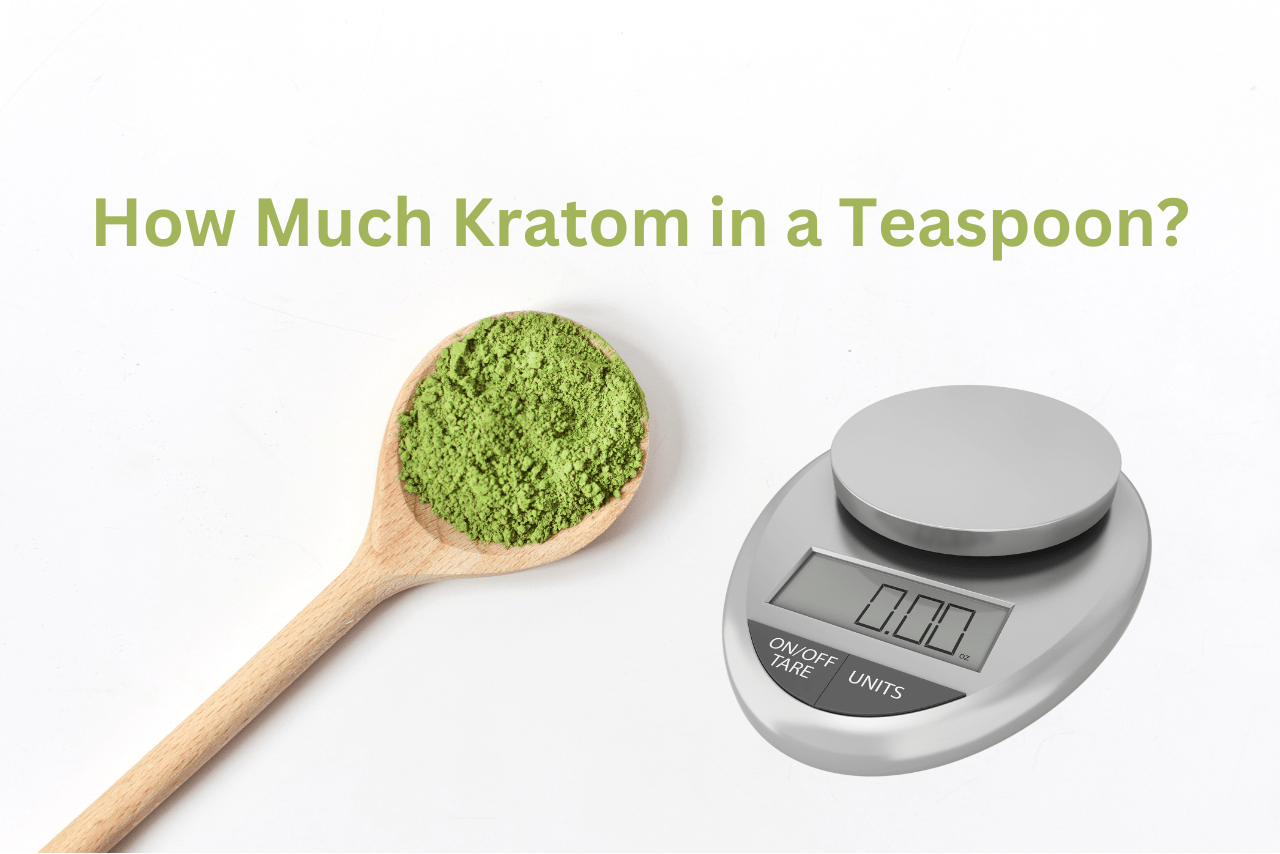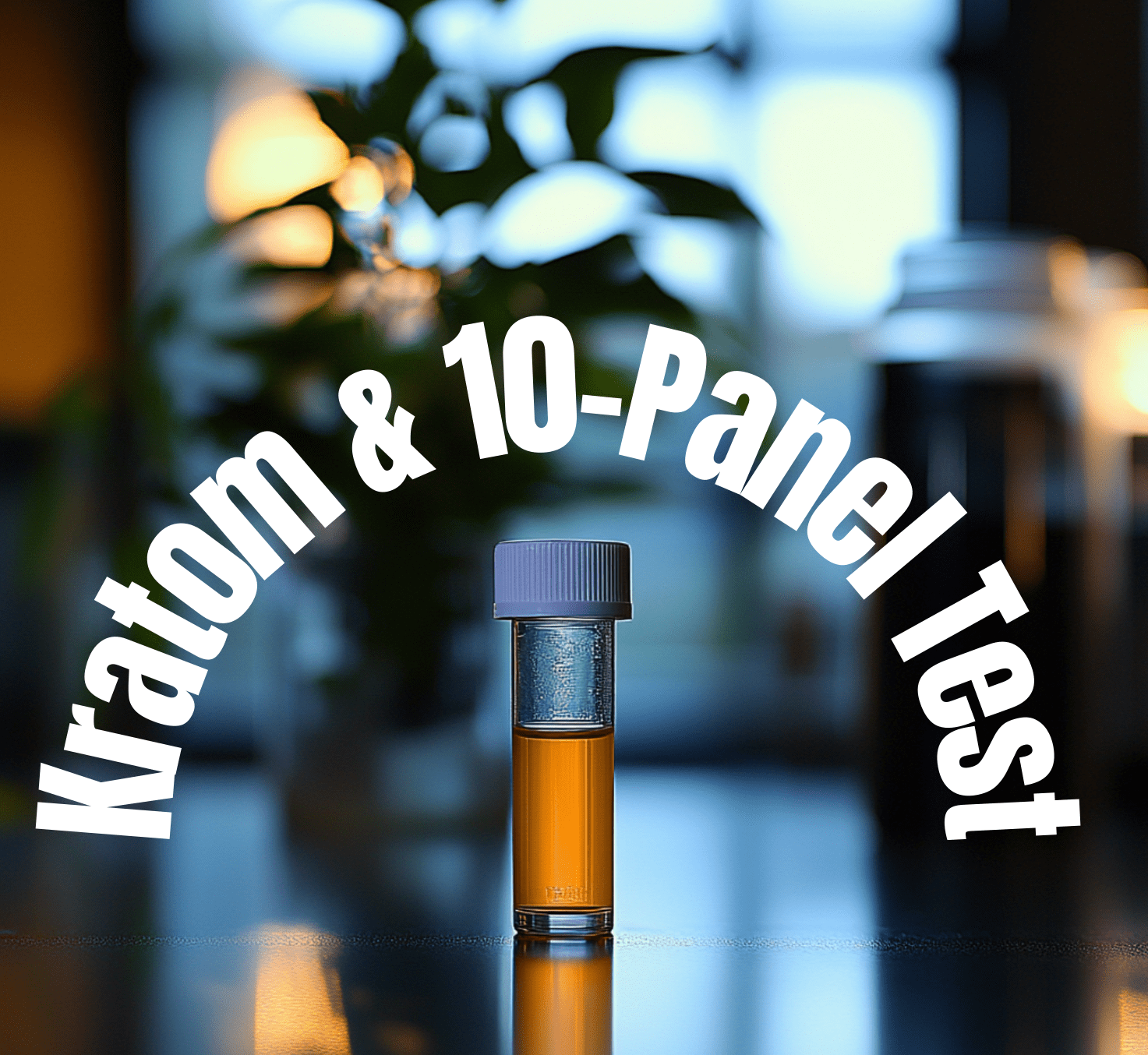Contents
- Written by Sagar
- Updated on April 23, 2025
- Published on
- Kratom Legal Status
Kratom, Mitragyna Speciosa, is a tropical evergreen tree in the coffee family that is native to Southeast Asia. The leaves of kratom leaf have been used for centuries in traditional medicine for a variety of purposes, including pain relief, anxiety relief, and increasing energy levels.
The kratom leaf contains two psychoactive compounds, mitragynine and 7-hydroxy mitragynine. The kratom leaf is typically consumed by checking, smoking, or brewing into tea. It can also be ground into a powder and taken in capsules or tablets.
Below are some of the alkaloids found in kratom leaves.
- Mitragynine: The main alkaloid in kratom, mitragynine is responsible for many of the plant’s effects, including pain relief, euphoria, and sedation.
- 7-Hydroxymitragynine: A more potent alkaloid than mitragynine, 7-hydroxy mitragynine is responsible for the more stimulating effects of kratom, such as increased energy and alertness.
- Paynantheine: An alkaloid with stimulant effects, paynantheine can increase energy levels.
- Speciogynine: An alkaloid with anti-inflammatory and analgesic effects, which can help reduce pain and inflammation.
- Mitraphylline: An alkaloid with muscle relaxation and anti-inflammatory effects, mitraphylline can help relax muscles and reduce inflammation.
- Speciociliatine: An alkaloid with antioxidant and anti-inflammatory properties. Speciociliatine can help to protect cells from damage and reduce inflammation.
- Corynantheidine: Analkaloid with analgesic and anti-inflammatory properties. Corynantheidine can help to reduce pain and inflammation.
The kratom leaf is legal in most countries, but it is regulated in some jurisdictions. In the United States, the FDA has not approved kratom for any medical use and has issued warnings about the potential for addiction and other health risks.
FDA Remarks On Is Kratom Safe Or Not?
FDA Warns Consumers About the Safety of Kratom.
The U.S. Food and Drug Administration (FDA) is warning consumers about the safety of kratom, a plant that is native to Southeast Asia. Kratom is often used as a stimulant or sedative, and some people use it to help treat pain, opioid withdrawal, or anxiety. However, the FDA has received reports of serious health problems associated with kratom use.
- Kratom is a plant that contains two psychoactive compounds, mitragynine and 7-hydroxymitragynine. These compounds interact with the opioid receptors in the brain, which can help produce effects such as pain relief, euphoria, and sedation.
- Kratom has been used for centuries in traditional medicine in Southeast Asia. However, it has only recently become popular in the United States.
- The FDA has NOT approved any kratom products for any medical use.
- If you are considering kratom it is important to speak with your healthcare provider about the risks and benefits.
Clinical Trials of Kratom Find No Serious Side Effects
A clinical trial of Is Kratom Safe has found no serious side effects in people who use it for up to 6 months. The study, which was published in the journal “Drug and Alcohol Dependence”, found that kratom was well-tolerated and that the most common side effects were mild and transient.
The study involved 120 people who were divided into two groups. The first group received Speciosa capsules, and the second received a placebo. The participants were followed for 6 months, and their health was monitored closely.
The study found that there were no significant differences in the rates of serious side effects between the two groups. The most common side effects in the kratom group were nausea, vomiting, and constipation. These side effects were mild and transient, and they resolved on their own within a few days.
The researchers say that the study provides evidence that kratom is safe for short-term use. However, they say that more research is needed to assess the long-term safety of kratom.
The study’s lead author, Edward Boyer, said that the findings are “encouraging” and that kratom “may be a safe and effective alternative to traditional medications for pain, anxiety, and depression”.
UMASS Amherst Study Finds Kratom May Have Benefits for Pain, Anxiety, and Depression
A study by researchers at the University of Massachusetts Amherst has found that kratom, may have benefits for pain, anxiety and depression. The study, which was published in the journal “Frontiers in Pharmacology”, found that kratom was able to reduce pain, anxiety and depression in rats.
The study involved rats that were given either kratom or a placebo. The kratom group received 5 grams of kratom powder three times a day for five days. The Placebo group received a placebo powder that looked and tasted like kratom.
The researchers say that the study provides preliminary evidence that Speciosa may be effective in treating pain, anxiety, and depression. However, they say that more research is needed to confirm these findings.
The study was funded by the National Institutes of Health.
UMASS Amherst has provided clinical studies with a myriad of benefits from the leaf which include the study’s link here.
Role of Bagus Botanicals:
Bagus Botanicals has become known for its high potency raw leaf kratom products. Contrary to many kratom brands on the market, they have steered away from any synthetic forms of kratom – only using raw leaf kratom. The word “bagus” comes from the Indonesian language; meaning good quality, ethical (good intentions), which is the foundation of the brand.
Aside from high-quality products, they also offer high-quality ethics to farmers and landscapes where the raw materials come from in Indonesia. Bagus Botanicals donates a portion of its revenue to help sustain Indonesian rainforests to ensure a promising future for the Speciosa industry for the people involved.




